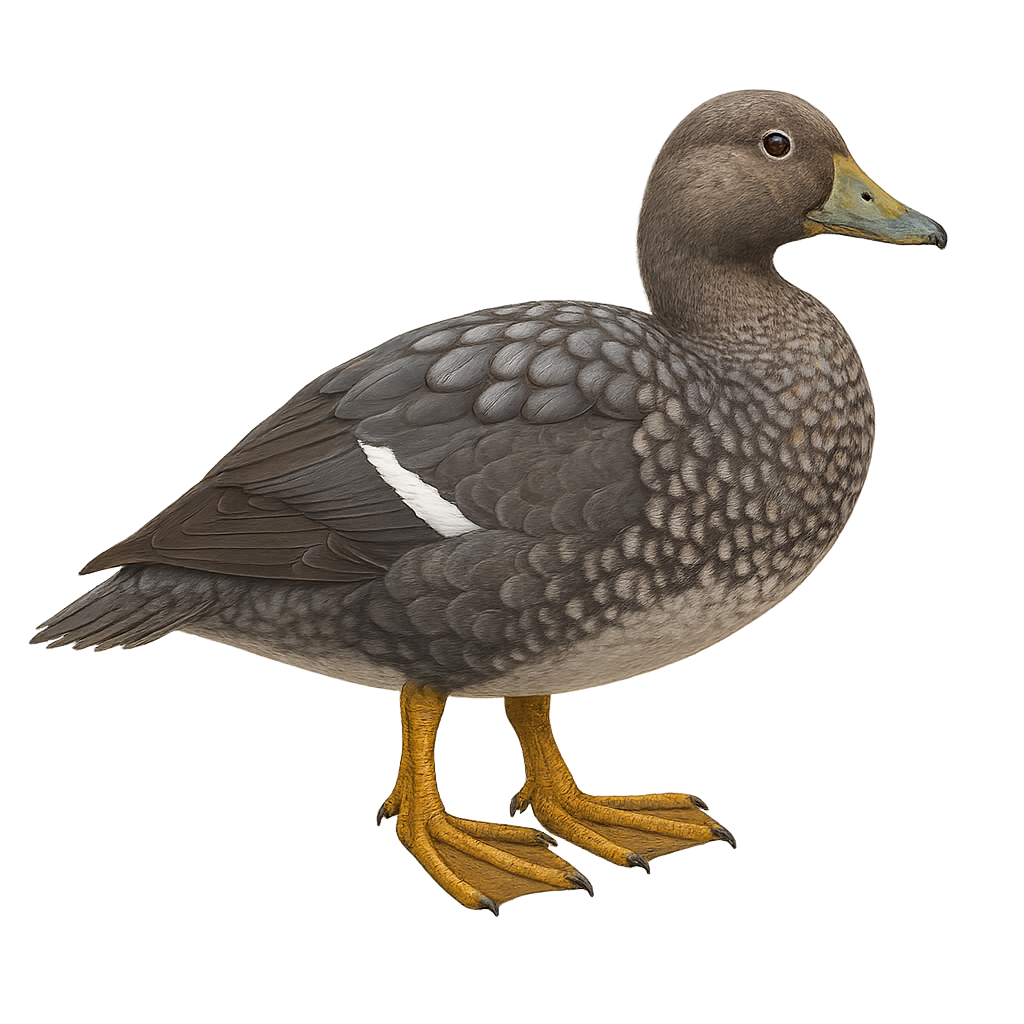Your wildlife photography guide.
Explore the patagonian steamer duck in detail, study its behavior, prepare your shots.
Where to observe and photograph the patagonian steamer duck in the wild
Learn where and when to spot the patagonian steamer duck in the wild, how to identify the species based on distinctive features, and what natural environments it inhabits. The WildlifePhotographer app offers tailored photography tips that reflect the patagonian steamer duck’s behavior, helping you capture better wildlife images. Explore the full species profile for key information including description, habitat, active periods, and approach techniques.
Patagonian Steamer Duck
Scientific name: Tachyeres patachonicus

IUCN Status: Least Concern
Family: ANATIDAE
Group: Birds
Sensitivity to human approach: Suspicious
Minimum approach distance: 10 m
Courtship display: October to November
Incubation: 28-30 jours
Hatchings: November to December
Habitat:
Rocky coasts, estuaries, lagoons
Activity period :
Primarily active during the day, with peak activity in the morning and late afternoon.
Identification and description:
The Patagonian Steamer Duck, Tachyeres patachonicus, is a flightless waterbird native to the southern coasts of South America, particularly Patagonia. It is easily identified by its greyish plumage and reduced wings, which it uses to paddle swiftly across the water. Often seen in small groups, this duck feeds on mollusks and crustaceans found in shallow waters. While generally discreet, it can become territorial during the breeding season. Males and females look alike, though males are slightly larger.
Recommended lens:
400 mm – adjust based on distance, desired framing (portrait or habitat), and approach conditions.
Photography tips:
To photograph the Patagonian Steamer Duck, aim for early morning or late afternoon when the light is soft. Use a telephoto lens of at least 400mm to capture details without disturbing the bird. Be patient and observe their behavior to anticipate movements. Aquatic or rocky backgrounds can add interesting context to your shots. Avoid sudden movements and maintain a respectful distance to prevent scaring them away.
From knowledge to field practice
A species profile helps you understand an animal. In the field, the challenge is often different. Remembering your own observations.
The WildlifePhotographer app allows you to:
• record your personal observations
• note locations, dates, and behaviors
• revisit your field references over time
• build a private and long-term field logbook
The app does not provide observation locations.
It helps you organize what you actually observe, with respect for wildlife.

